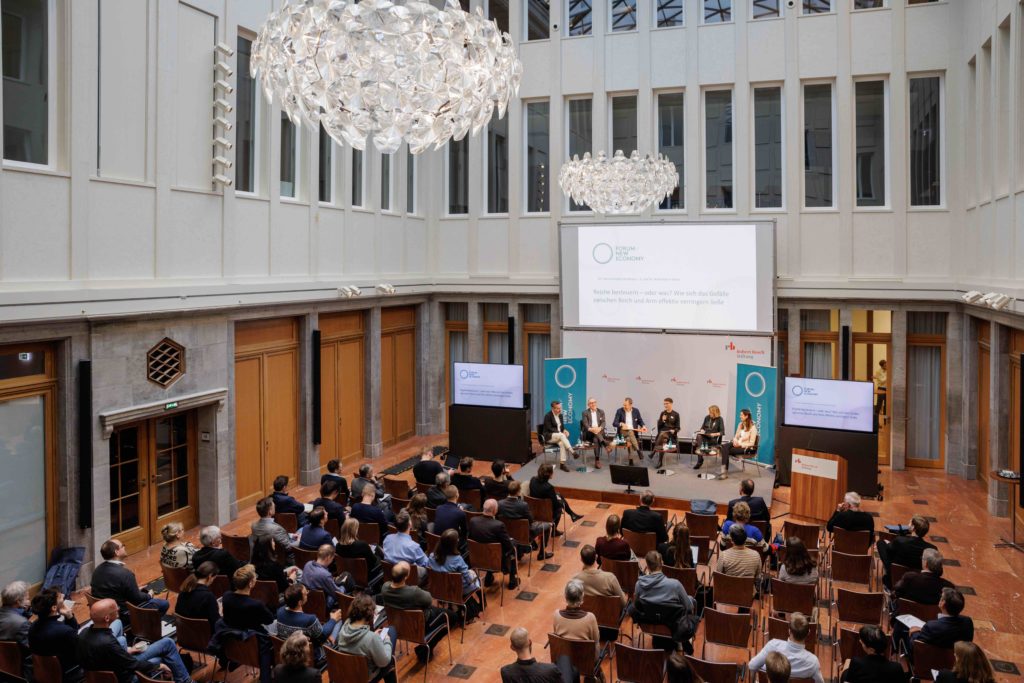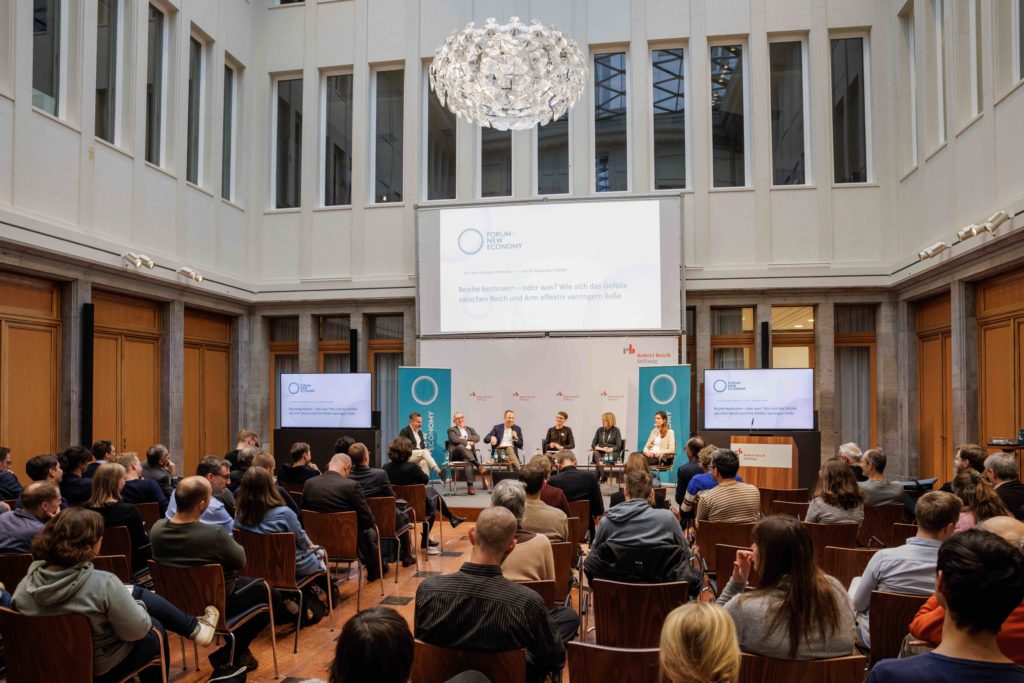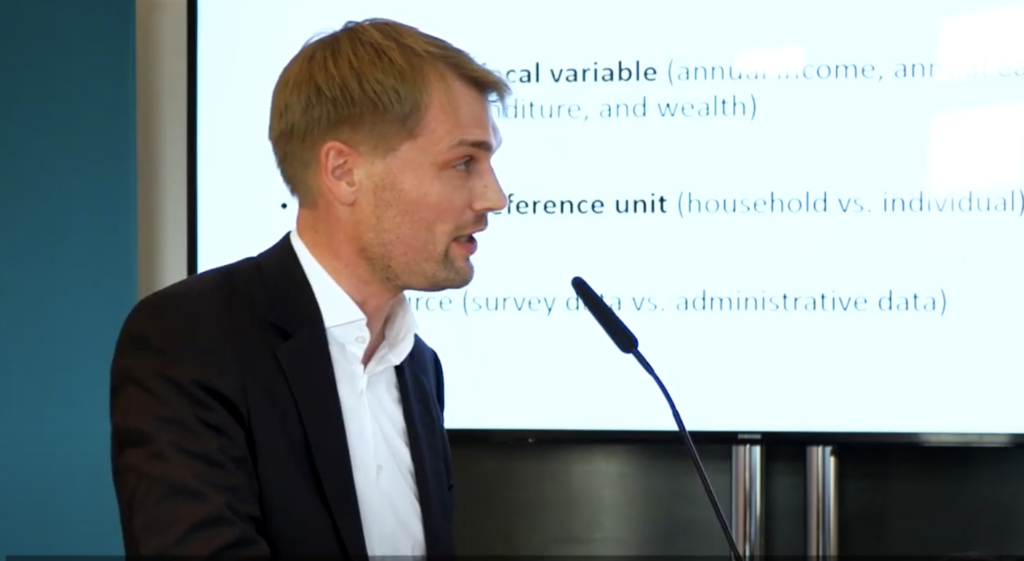






Reducing
inequality
REDUCING
INEQUALITY
The rising gap between rich and poor has become a threat to social cohesion in most rich countries. To reverse this trend it will be crucial to better understand the importance of different drivers of income and wealth inequality.
LATEST NEWS
Is an Inheritance Tax Useless After All? Re-Cap for the Launch of Our Wealth Simulator
From our Forum New Economy newsletter series
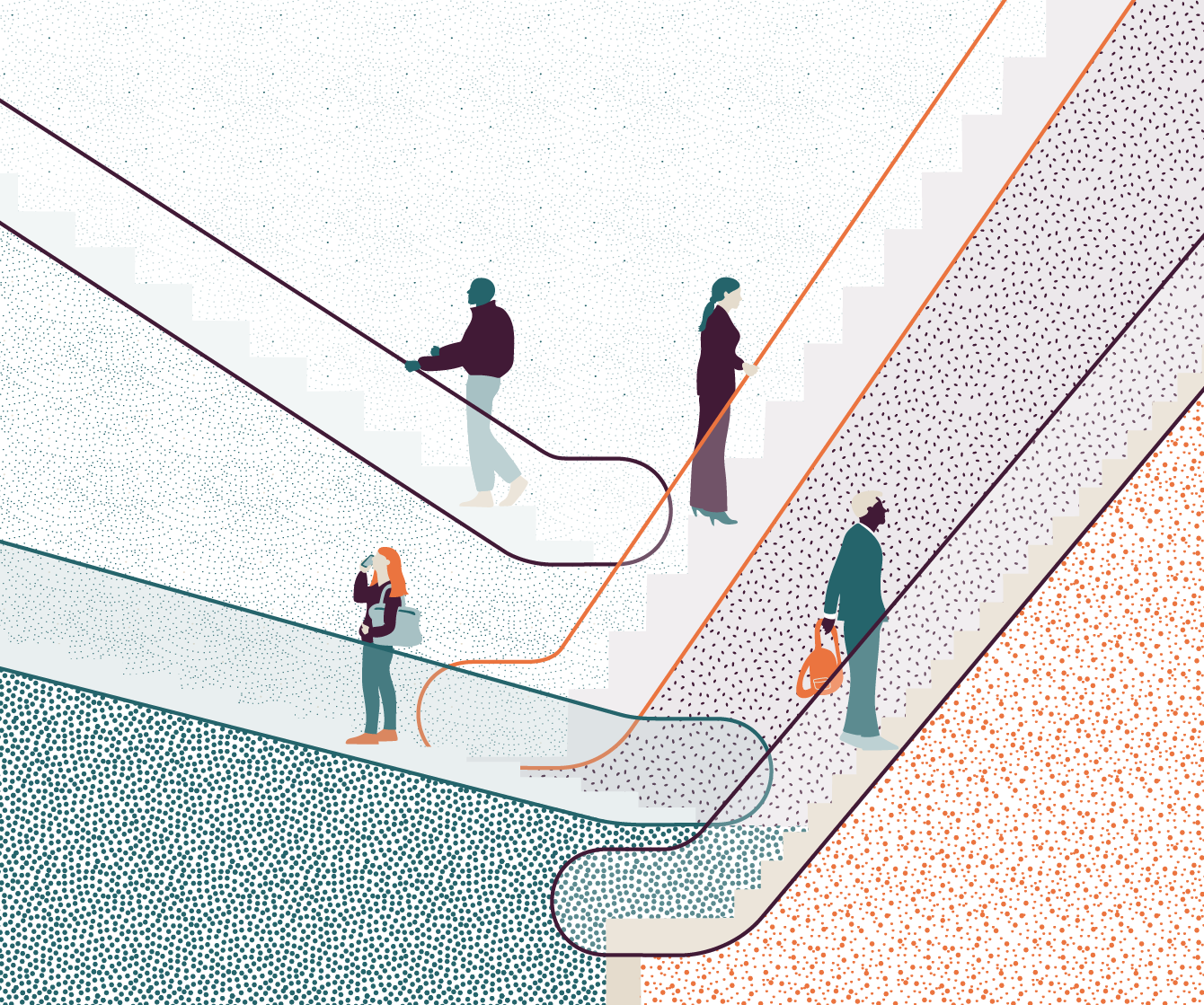
KNOWLEDGE BASE
REDUCING
INEQUALITY
The Challenge
Inequality in advanced countries, such as Germany, has reached levels of 100 years ago.
What Went Wrong
It is often repeated that inequality is just a transitory phenomenon and is necessary for dynamism and economic growth.
New Economy in Progress
Inequality is a political choice, produces discontent and can even lead to financial instability.
5 WAYS THAT ARE DISCUSSED TO REDUCE INEQUALITY
INCOME INEQUALITY AND GROWTH IN EUROPE, 1989-2017, BLANCHET ET AL. (2019).
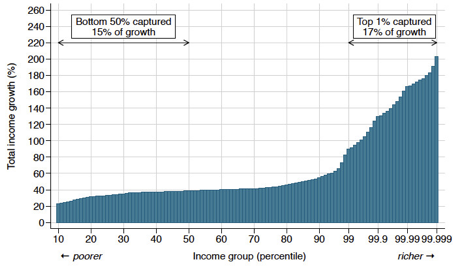
Inequality 101 with Branko Milanovic and Arjun Jayadev
Inequality may be the pressing issue of our time. Until recently however, inequality was seen as a normal externality with positive effects. Branko Milanovic and Arjun Jayadev break down all aspects of inequality for the Institute for New Economic Thinking in a new series called "Inequality 101".
Rebottling the Gini: why this headline measure of inequality misses everything that matters
In an article for Prospect Magazine Angus Deaton and Anne Case argue against the use of the most common indicator on inequality.
Top incomes in Germany, 1871-2014
By Charlotte Bartels, The Journal of Economic History, September 2019
Changes in the global income distribution and their political implications
By Branko Milanovic, City University of New York. presentation to the 2nd New Economic Paradigm Workshop



